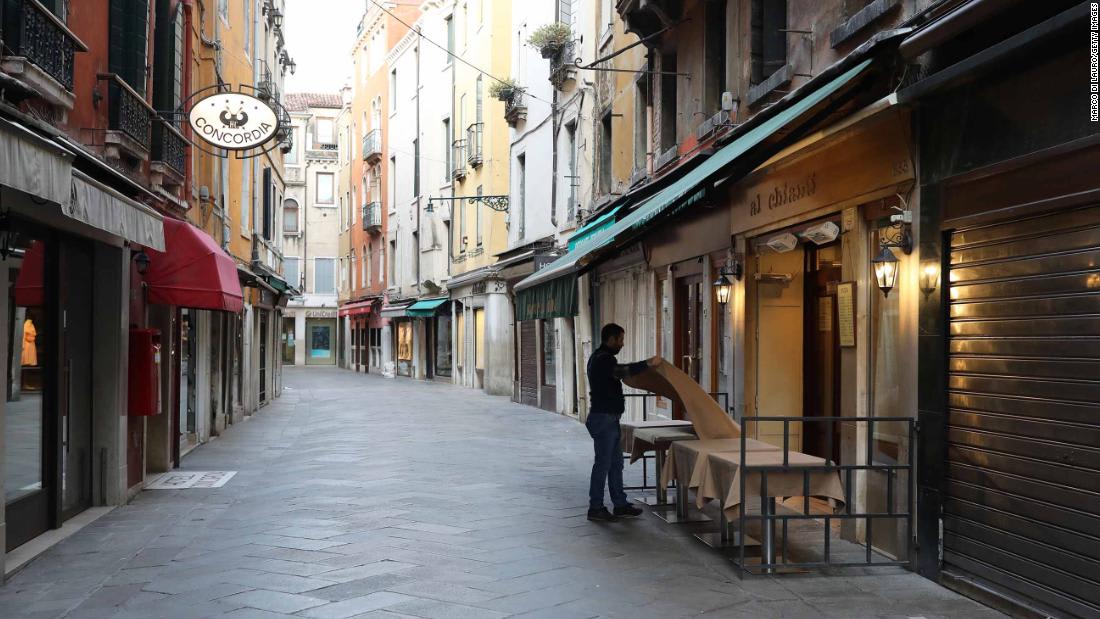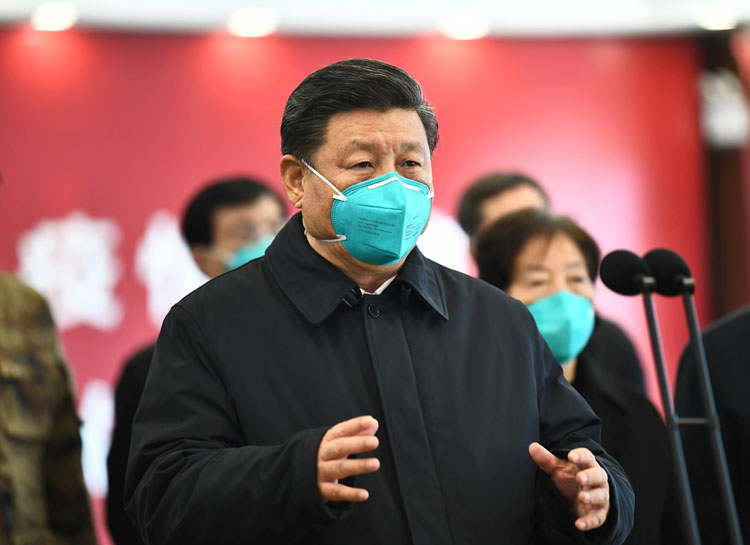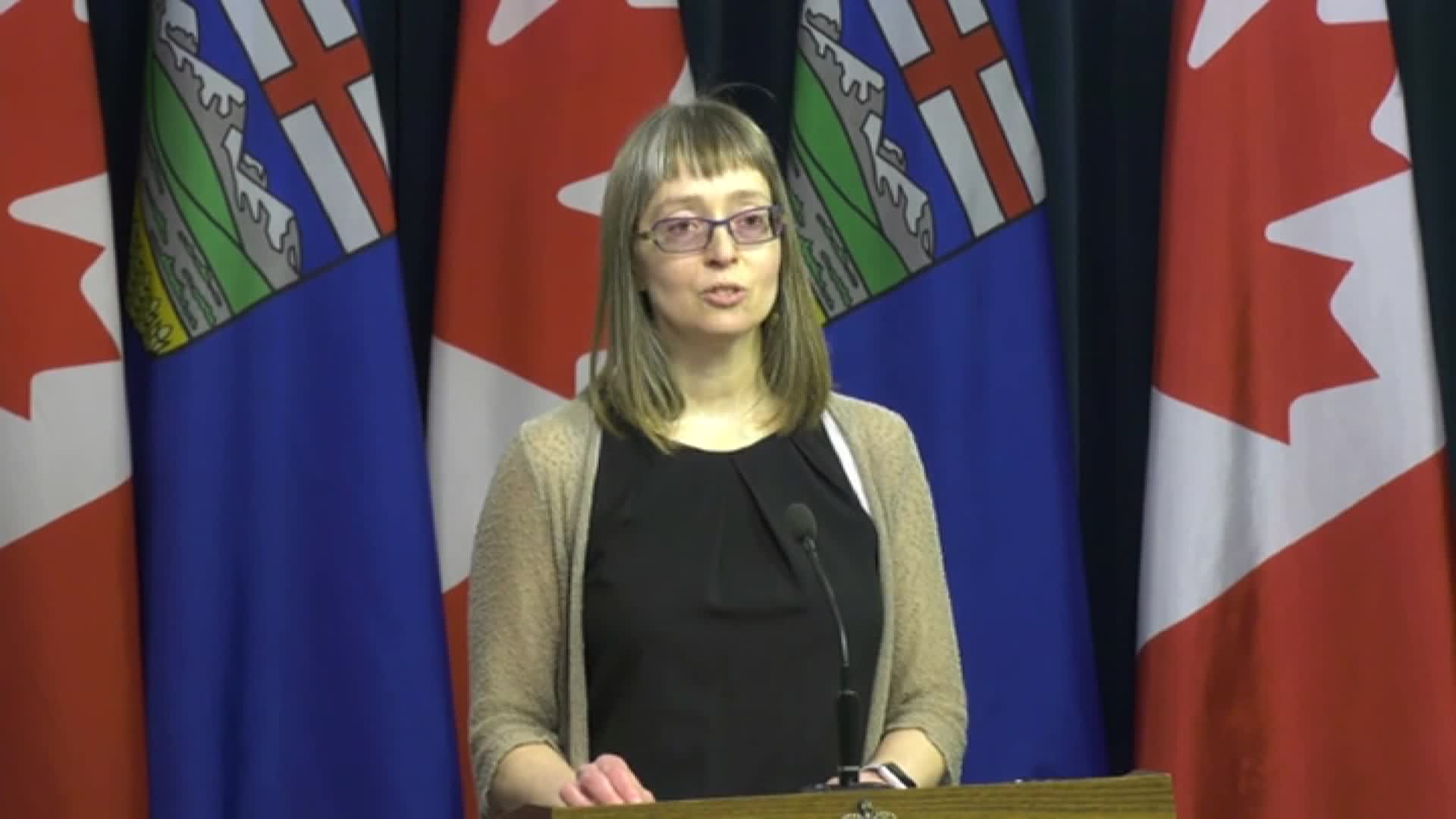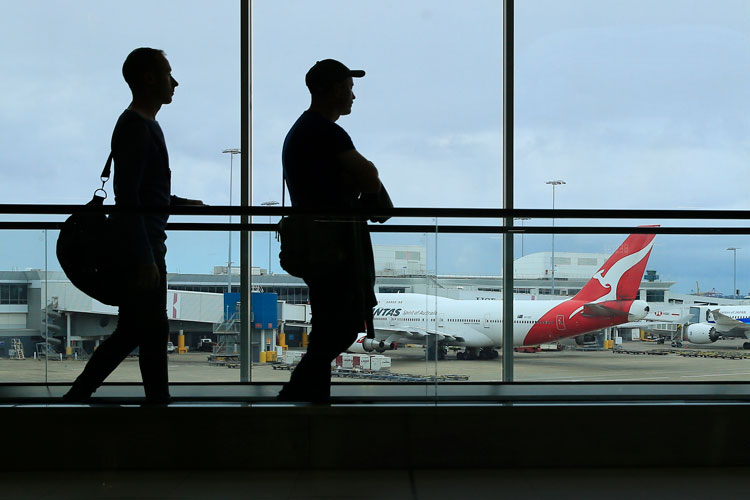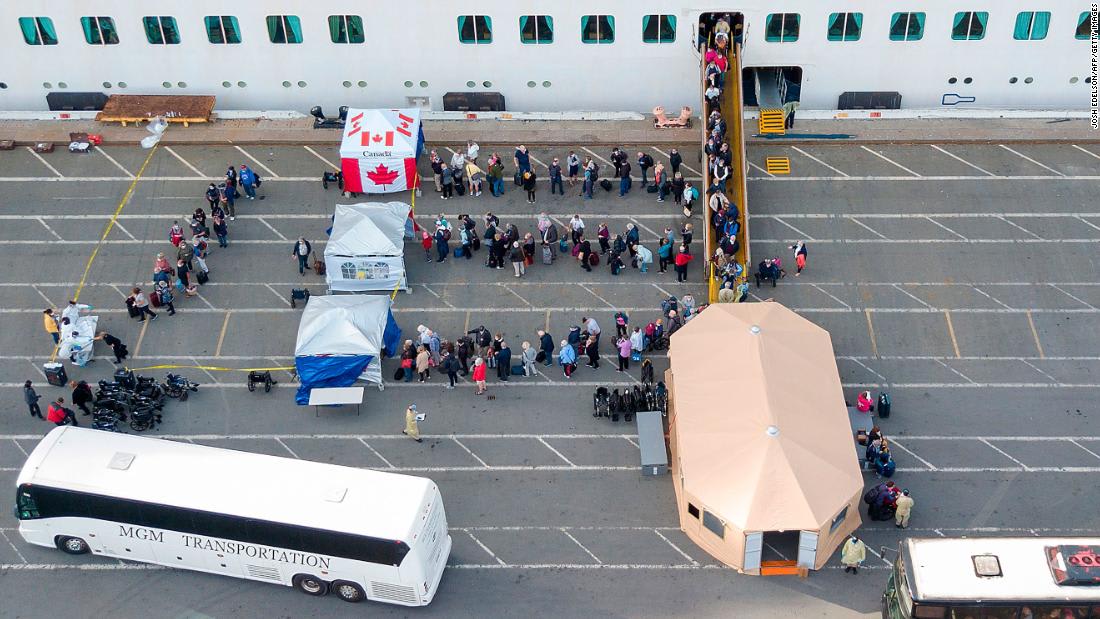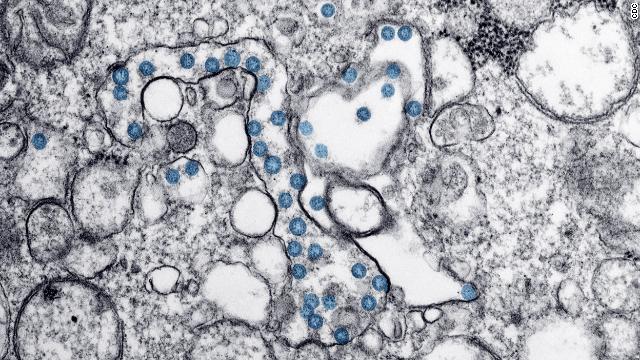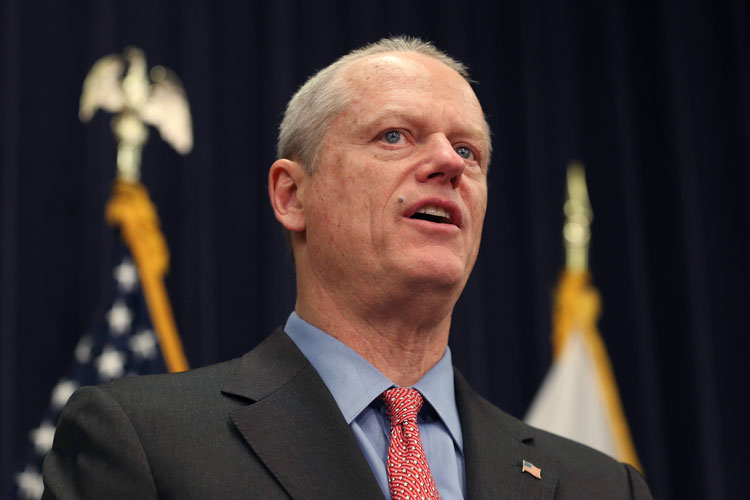
Massachusetts Gov. Charlie Baker has declared a state of emergency "to support the commonwealth’s response" to the coronavirus outbreak there.
The state has identified 92 presumptive positive cases, authorities said. Seventy of them are related to a conference hosted by Biogen, a multinational biotechnology company in Cambridge, in late February.
Baker said in a statement that the executive branch of the Massachusetts government will:
- Discontinue all out-of-state work-related travel.
- Cancel or virtually hold conferences, seminars, and other discretionary gatherings.
- Inform employees not to attend external work-related conferences, seminars, or events.
- Remind employees feeling sick with fever or flu symptoms to not come into work.
- Encourage high-risk employees to talk with their supervisors to review possible alternative work assignments.
"We will continue planning and preparing to mitigate the spread of this disease, and have issued new guidance for executive branch employees in the commonwealth," Baker said. "I urge employers and other large organizations to follow our example and limit or eliminate non-essential travel, limit or eliminate large events where possible, and explore telework where appropriate for your organization. We are also urging older adults and those with health issues to avoid large crowds and large events.”
